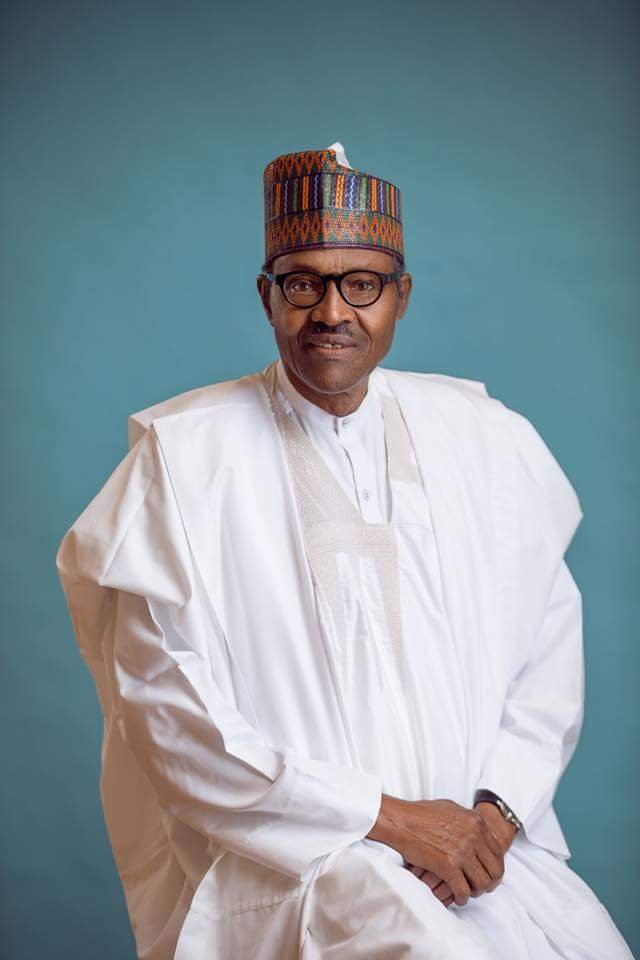President Muhammadu Bauhari says the high revenue earned over the years from the sale of crude oil and other sources did not translate to job creation and eradication of poverty in Nigeria.
The President said this while declaring open the 24th Nigeria Economic Summit in Abuja on Monday.
The News Agency of Nigeria (NAN), reports that the theme of the summit is “Poverty to Prosperity, Making Governance and Institutions Work’’.
Deliberations on the summit would focus on five key areas of Sustainable Economic Opportunities, Human Development, Effective Public Institution Corruption and the Rule of Law and Human Development.
Buhari, represented by Vice President Yemi Osinbajo, said the focus on eradicating poverty was a big economic challenge for Nigeria over the last three decades.
He said what was outstanding about the poverty situation over the years was that it had persisted even when the nation earned its highest revenue.
“The National Bureau of Statistics (NBS) figures published on house poverty survey in 2012, which was the last survey done shows that despite rising oil prices and growth figures, poverty increases in every study cycle.
“In 1980, absolute poverty figures was 17.1 million Nigerians, in 1985, 34.7 million, in 1992, 39.2 million, in 1996, 67.1 million, in 2004, 66.7 million.
“The last survey of household poverty done in 2010 was 112.47 million, the figures for the next cycle are currently being compiled by NBS. The truth is that despite the rising oil revenue, poverty has remained.’’
The President “the problem of poverty has become more significant because our population continues to grow at about three per annually with more than 60 per cent of the young people and about 1.4 million entering the job market every year.
“How do you explain the paradox of high growth figures and rising poverty and unemployment figures, the fact that high revenue dose not necessary translates to jobs.
He, however, said high revenue could only translate to jobs and better living standards if the revenues were invested in diversifying the economy, infrastructure development, provision of quality education, health care and social protection.
“The major drain on the nation’s resources is grand corruption through stealing of large sums of money by public officials in collaboration with some private officials over the years.’’
Buhari, however, said his administration was working to stop the heinous phenomenon of corruption and diversion of government resources for private use.
He said the approach of the present government to reversing poverty and its consequences was to create enabling environment for business to thrive.
“A major premise of our economic model was the focus on empowering the jobless youth and the millions in extreme poverty by means of micro credit schemes, infrastructure support for markets and small businesses.
Other areas according to the President are the provision of welfare for the most vulnerable and direct creation of jobs on a consistent basis.
“We are also ensuring that that at least 30 per of the budget will be spent on capital projects, infrastructure, diversification of the economy, ensuring strong fiscal discipline, supporting states for payment of salaries, and special support programmes.
He said government programmes on tackling poverty and ensuring prosperity were captured in the Economic Recovery and Growth Plan of the Federal Government (ERGP). (NAN)



Leave a Reply